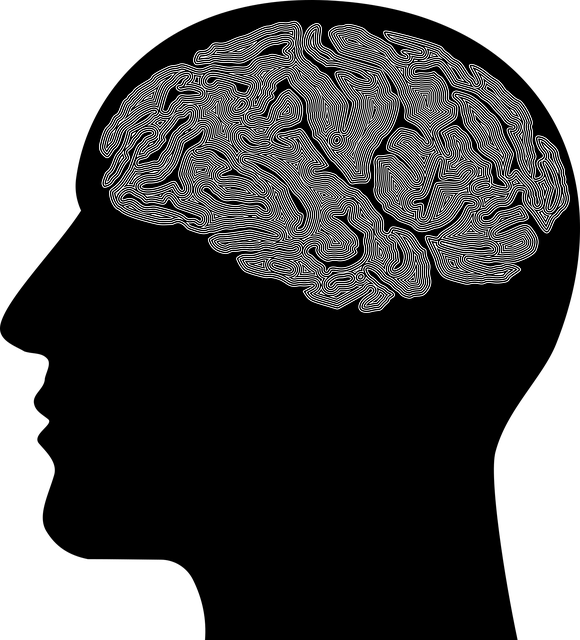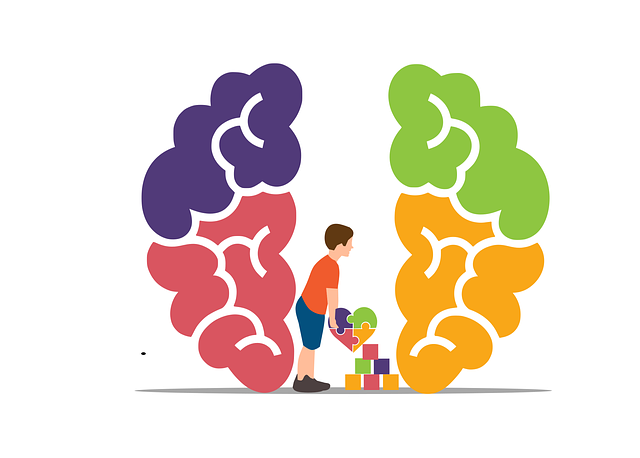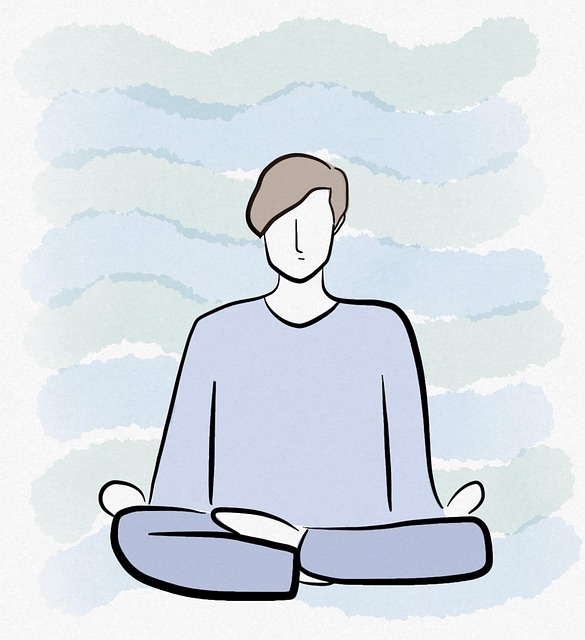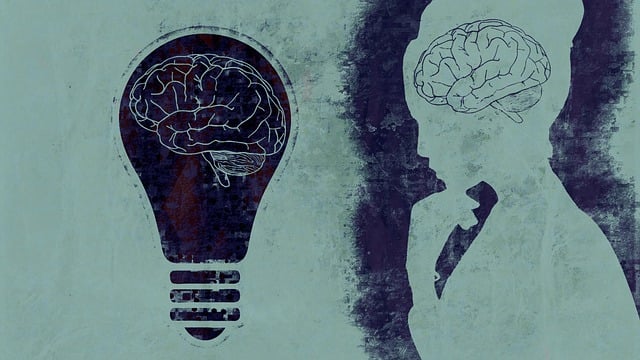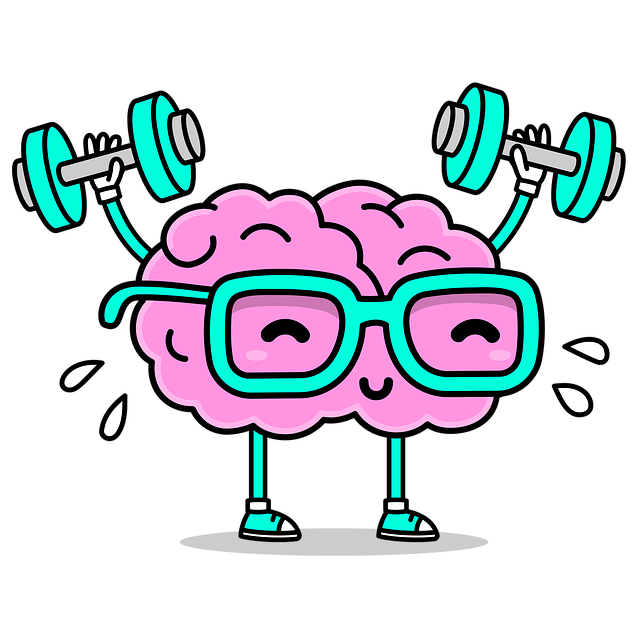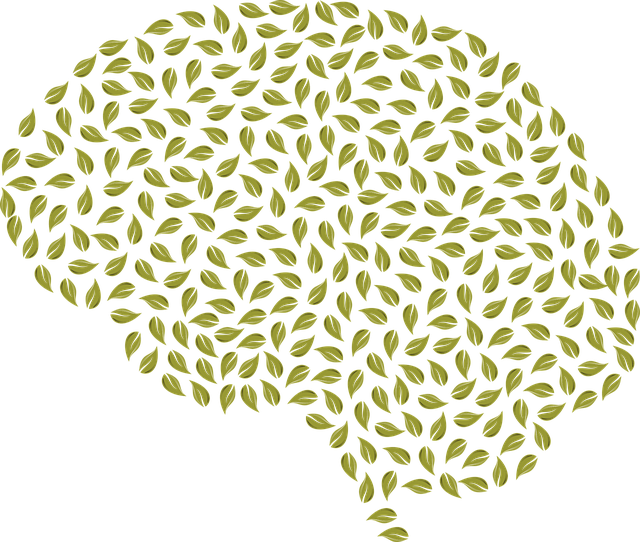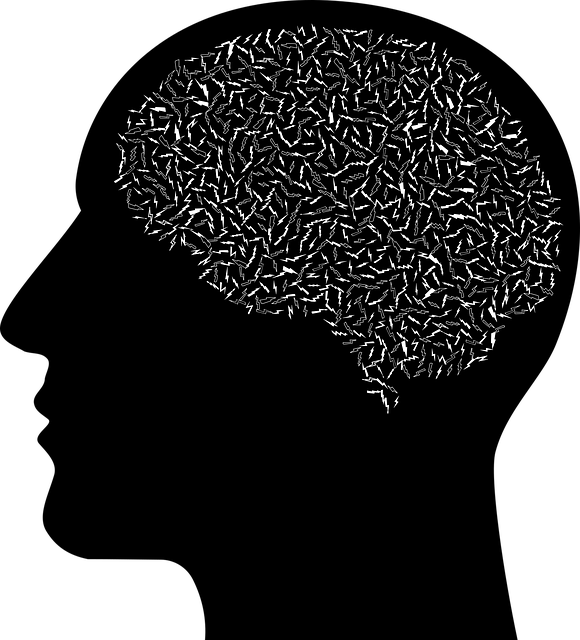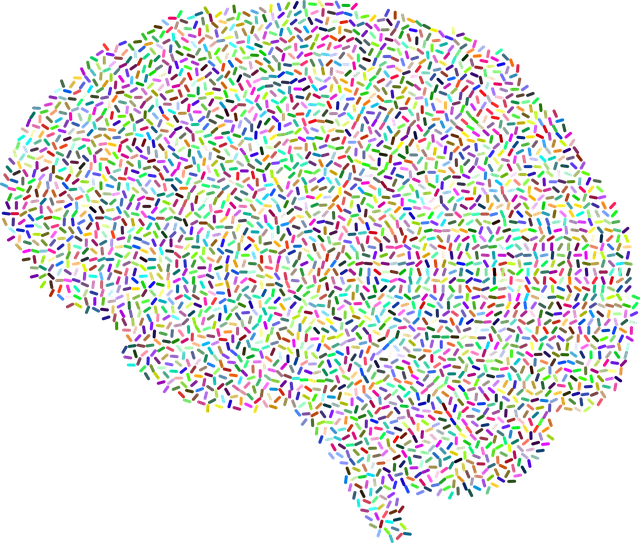Centennial Chronic Pain Therapy introduces the Resourceful Living Model (RFM), a holistic approach that focuses on building resilience, stress management, and emotional regulation to actively participate in pain healing. Key techniques like mindfulness meditation and cognitive behavioral therapy strengthen mental wellness, improving overall quality of life and coping skills. Integrating this therapy with RFM exercises addresses both physical discomfort and psychological aspects, promoting profound inner transformation and tailored support for diverse populations through mental wellness coaching.
Discover the power of Resilience-Focused Mindfulness (RFM) in transforming chronic pain management. This article explores how RFM, a therapeutic approach gaining traction in the field of centennial chronic pain therapy, can offer lasting relief. We’ll delve into the science behind RFM’s role in reducing pain, providing practical exercises to build resilience and explore its integration with established chronic pain therapies. Prepare to unlock a new perspective on managing pain and enhancing your overall well-being.
- Understanding RFM and its Role in Chronic Pain Management
- Resilience Building Exercises for Long-Term Pain Relief
- Integrating Centennial Chronic Pain Therapy with RFM Techniques
Understanding RFM and its Role in Chronic Pain Management

Chronic pain is a complex condition that often requires a multifaceted approach to manage effectively. Here, RFM (Resourceful Living Model) emerges as a powerful tool within the realm of Centennial Chronic Pain Therapy. This model recognizes that individuals facing chronic pain are not just victims but active participants in their own healing process. By focusing on building resilience and fostering effective coping mechanisms, RFM aims to empower patients to navigate their pain in meaningful ways.
The Role of RFM extends beyond addressing physical symptoms; it delves into crucial aspects of stress management, emotional regulation, and communication strategies. It encourages individuals to develop a sense of control over their lives by identifying personal resources, cultivating positive thinking, and learning adaptive behaviors. Through this process, patients can enhance their ability to cope with pain, improve overall well-being, and lead more fulfilling lives despite the challenges posed by chronic pain conditions.
Resilience Building Exercises for Long-Term Pain Relief

Resilience building exercises are a powerful tool for managing and alleviating long-term chronic pain. Unlike traditional treatments that often focus on symptom suppression, these exercises target the root causes of pain by strengthening mental wellness and coping skills. Through regular practice, individuals can develop a deeper sense of control over their bodies and minds, leading to significant improvements in their overall quality of life.
Centennial Chronic Pain Therapy integrates various resilience-building techniques, such as mindfulness meditation, progressive muscle relaxation, and cognitive behavioral therapy, into its comprehensive treatment plans. These exercises not only help patients manage pain but also foster mental wellness coaching programs development, empowering them to take an active role in their healing journey. By mastering coping skills development, individuals can navigate life’s challenges with greater ease and resilience, ensuring long-term pain relief and enhanced mental wellness.
Integrating Centennial Chronic Pain Therapy with RFM Techniques

Integrating Centennial Chronic Pain Therapy with RFM (Resilience, Flexibility, and Mindfulness) techniques offers a powerful approach to enhancing mental wellness and building resilience among individuals suffering from chronic pain. The traditional Centennial Chronic Pain Therapy focuses on managing physical discomfort through various medical interventions, but by incorporating RFM practices, it broadens its scope to address the psychological aspects of pain management. This holistic integration recognizes that chronic pain is not solely a physical condition but also deeply impacts an individual’s mental health and overall well-being.
RFM exercises empower individuals to develop inner strength and cultivate mindfulness, which are essential components in navigating the challenges posed by chronic pain. Cultural sensitivity in mental healthcare practice plays a pivotal role here, ensuring that RFM techniques are adapted to cater to diverse populations’ unique needs and beliefs. Additionally, mental wellness coaching programs can be designed to support individuals in applying RFM strategies in their daily lives, fostering adaptability, resilience, and better coping mechanisms. This integrated approach has the potential to revolutionize pain management by promoting not just physical healing but also profound inner transformation and enhanced mental wellness.
RFM and resilience building exercises offer a promising approach to managing chronic pain, particularly when integrated with proven methods like Centennial Chronic Pain Therapy. By combining these techniques, individuals can achieve long-term pain relief and improved quality of life. Understanding RFM’s role in pain management allows for more holistic care, empowering people to take control of their well-being. This comprehensive strategy ensures that both the mind and body are addressed, fostering resilience and a greater sense of control over chronic pain conditions.
